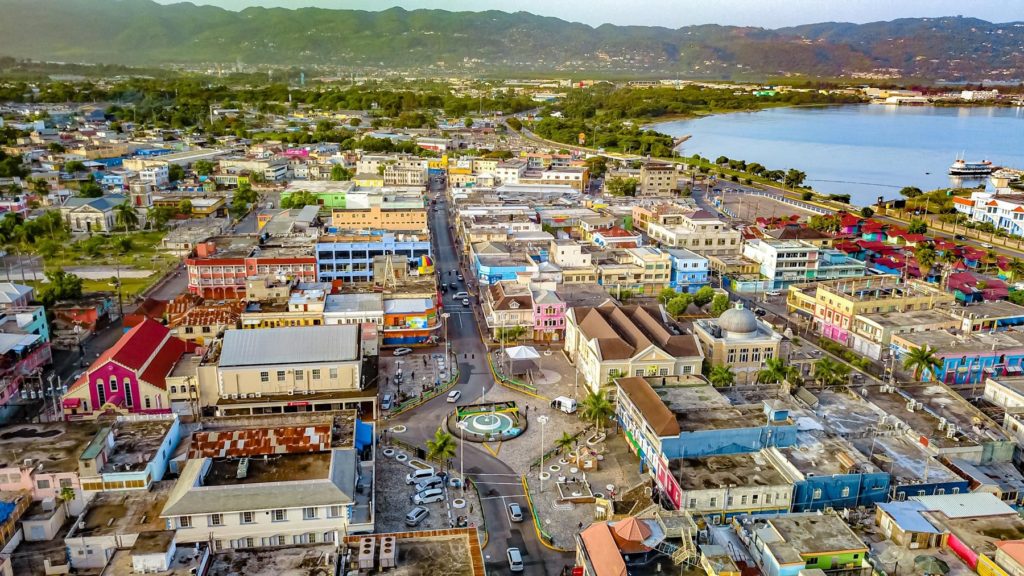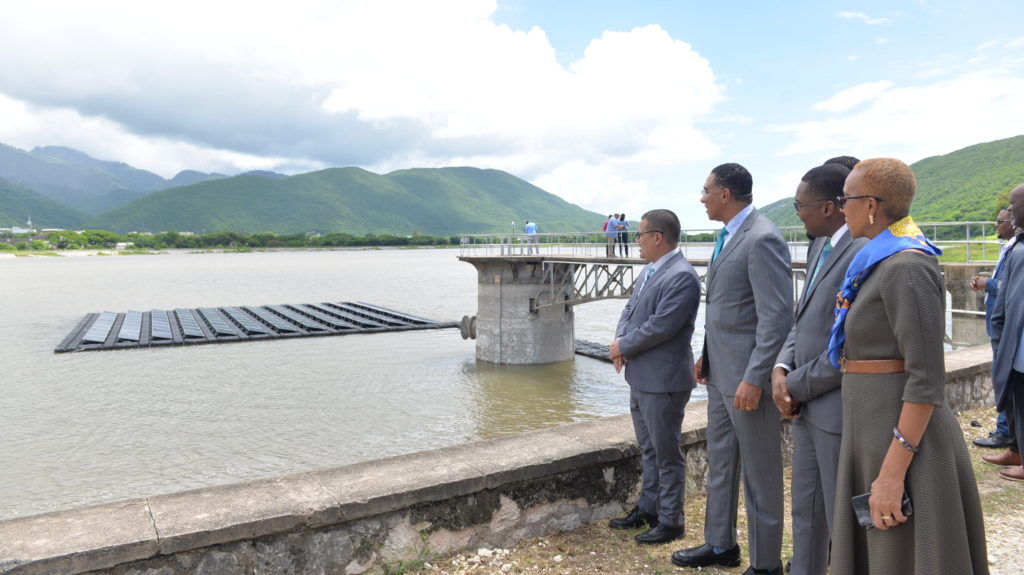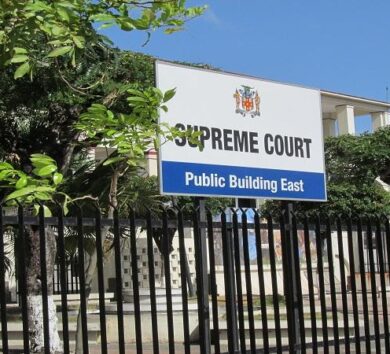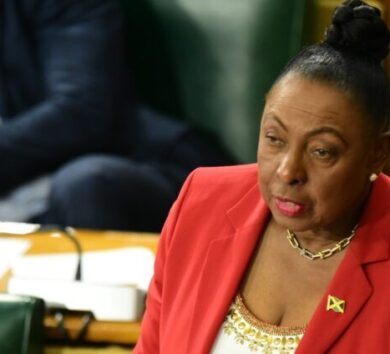

A study commissioned by the Inter-American Development Bank (IDB) is confirming the feasibility of electric buses (e-buses) powered by floating solar for Montego Bay Metro’s diesel fleet in Jamaica.
The study titled, ‘Montego Bay Bus Fleet Electrification Business Case’, concludes that e-buses powered by floating solar would be the lowest cost and zero carbon solution for Montego Bay Metro’s public bus fleet, operated on diesel fuel.
Montego Bay Metro is the government-owned public transportation company in Jamaica’s second city.
The study also looked at land-based and roof-top photovoltaic options with the researchers determining that the solar alternative was not feasible because there was no suitable property near Montego Bay Metro’s depot, while a roof-top system would have higher energy costs.
The research team of Jordan Nelson, Daria Rybalka and David Ehrhardt cited the potential to lease the neighbouring National Water Commission’s (NWC) Bogue treatment plant to install a solar array positing that the electricity would be stored in a battery energy storage system at Montego Bay Metro’s depot. Last September, NWC launched a project to install 45 megawatts of floating solar photovoltaic panels at the Mona Reservoir with positive results from the project.

Research findings
The research team found that battery-electric buses (BEB) powered by floating solar PV come in “at a lower cost than diesel buses replaced at current diesel prices and fuel efficiencies. However, the least-cost solution without considering the social cost of carbon (SCC) would be BEB powered by grid-supplied electricity.”
The researchers observed that despite non-renewable options possibly being lower cost, BEB powered by renewable energy has the lowest total cost of owners (TCO), once the SCC is taken into account.
According to the researchers, “accounting for the SCC, BEB powered by renewable energy, the TCO of US$0.86 per km is lower than BEB powered by the grid’s TCO of US$0.88 per km, and diesel buses TCO of US$0.98 per km. This makes BEB powered by renewable energy a suitable candidate for support with from global green finance and for Jamaica’s NDC+ contributions to offset the financial viability gap.”
The IDB team in their report emphasise that such a financing arrangement would derisk the project by providing the technical assistance necessary to develop all the details and make this innovative concept a reality.
Support of this nature, they summarised, can allow the Montego Bay Metro’s BEB powered by renewable energy project to become the pattern for similar projects all over the Caribbean since the economics and structuring of this project are likely to be applicable with limited adaptation in many similar locations.
The report made the point that a successful demonstration of e-buses using floating solar power could be scaled to include all of Jamaican Urban Transit Company Limited’s (JUTC) operations.
JUTC, a State-operated enterprise, runs a bus fleet in the Kingston Metropolitan Region and offers excursion services.







Comments